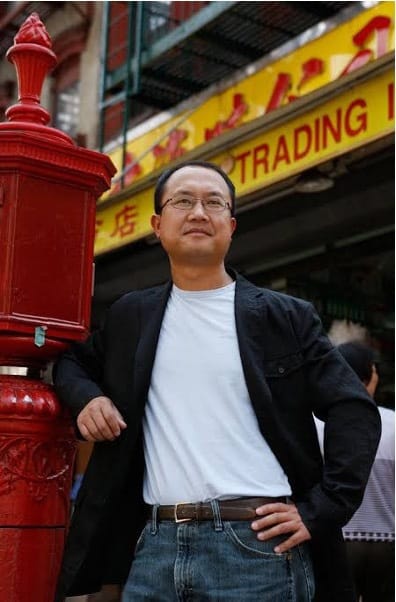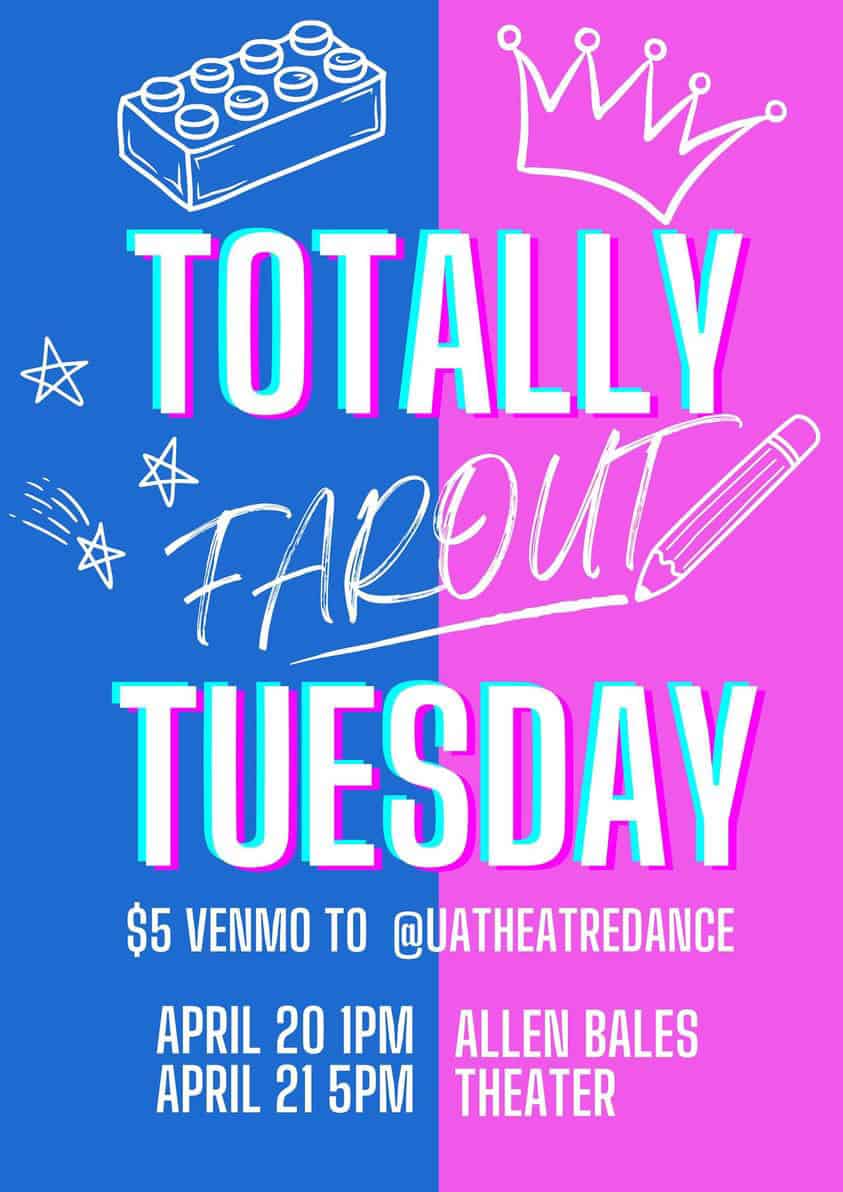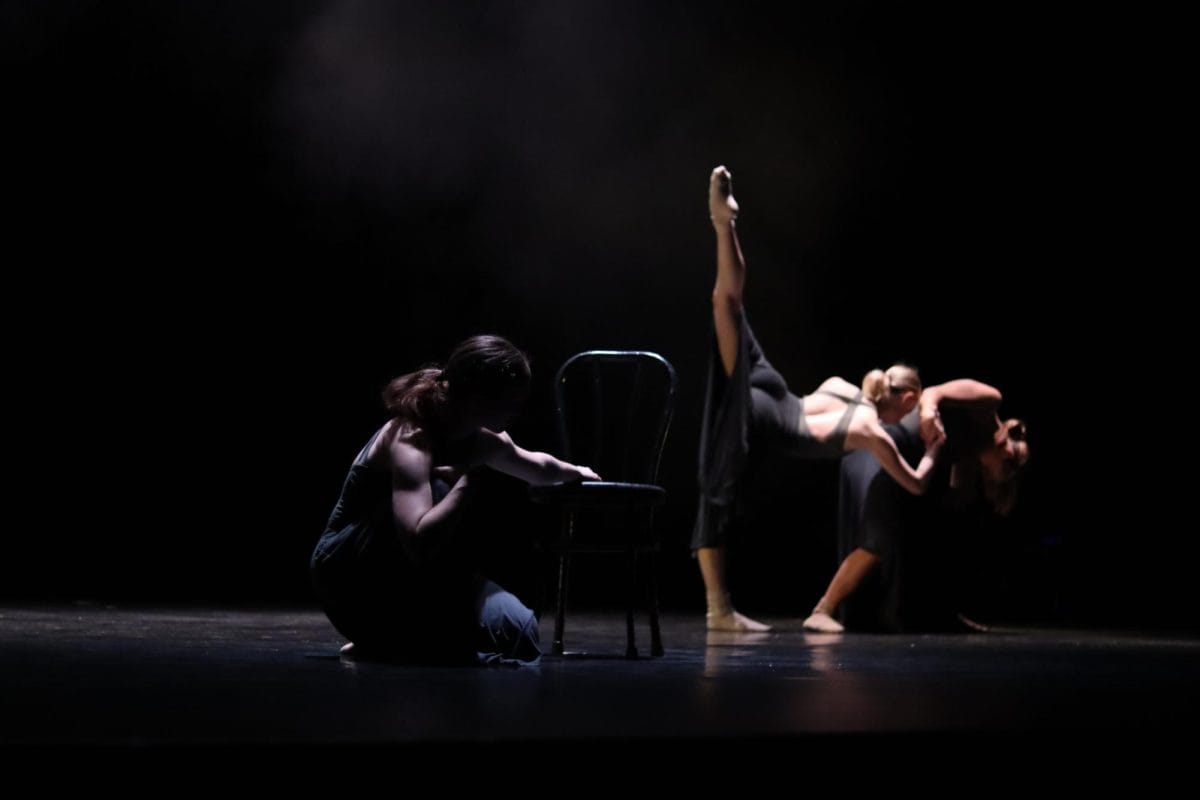Part of the University’s general education requirement is that each student complete at least 12 hours of humanities, literature and fine arts courses combined. While none of the required hours must be earned in a class with a humanities designation, many students at the University find a course or two that pique their interest. The humanities classically explore the studies of human thought and culture; at the University, this spans a range of literature, language, rhetoric and media. Some of the classes students may enroll in include:
African American Literature (AAST 249) –
What it is: A survey of African-American literature, from its earliest expressions to the present, identifying the aesthetics of the African-American literary tradition, through readings of spirituals, slave narratives, poetry, drama, autobiography, fiction and nonfiction.
What it’s like: “Ultimately, a course that focuses on African-American literature and culture affords students an opportunity to deepen their understanding of American – even Western – literature, history and culture, and to engage issues related to identity and difference in more and more thoughtful and nuanced ways.” – Professor Yolanda Manora
“Our class relates present-day events with historical occurrences and compares the two. Overall, African-American literature is not just about reading works by African-Americans; it is about evaluating real life.” – Bria Harper, sophomore
Public Speaking (COM 123) –
What it is: A course teaching the theory and practice of public speaking, seeking to cultivate the qualities of invention, arrangement, style, memory and delivery in students to develop students able to teach, entertain and persuade in their speech.
What it’s like: “Even though it pushes me outside my comfort zone, it’s one class where I know everyone’s name and something interesting about each of them, and my professor understands that people get nervous and helps make it easier.” – Elizabeth Kelly, freshman
English Literature I (EN 205) –
What it is: A survey of the major works of early British literature, aiming to teach students how to read and analyze them while bringing about an understanding of the basis of English literary history and English-speaking culture.
What it’s like: “Because it’s such a small class, students get the opportunity to discuss, debate and question what we are reading more actively than they would in a lecture. The course’s discussions ask for students’ own personal responses to texts, intending to feel more interactive, as if the students were engaging the texts themselves in conversation; students end up viewing these classic texts in a new, more creative, more fluid light.” – Professor Colleen Hollister
Motion Picture History and Criticism (TCF 112) –
What it is: An exploration of the development of the cinema, with an emphasis on the relation of technical advances to film content and style. Films from the silent era to modern-day Hollywood are screened in class.
What’s it like: “In Film History and Criticism, we encourage the students to watch films they may otherwise elect not to and to understand the historical contexts through which they were made, as well as make connections between those major film movement eras and contemporary practices.” – Professor Kristen Warner
“Although you are getting credit for watching movies, you’re responsible for understanding the characteristics of films as well as the history of it. It’s a little difficult, [but] it’s an interesting course.” – Morgan Lenahan, freshman
19th Century Russian Literature in Translation (RUS 223) –
What it is: An analysis of 19th century Russian literature, including translated novels from classic authors such as Dostoevsky and Tolstoy, and a range of poetry, plays and short stories with an emphasis on literary and historical trends.
What it’s like: “Many people consider Russian literature of the Golden Age to be some of the best, if not the best, ever produced. For anyone interested in literature, it would be worth taking the class for that reason alone. Along the way, [students] become somewhat familiar with the course of Russian history and learn a lot about Russian culture, and a little about Russian folklore.” – Professor Andrew M. Drozd






